Why Do People In Japan Avoid Drinking Water With Meals
Discover the surprising cultural beliefs behind mealtime hydration habits in Japan today.
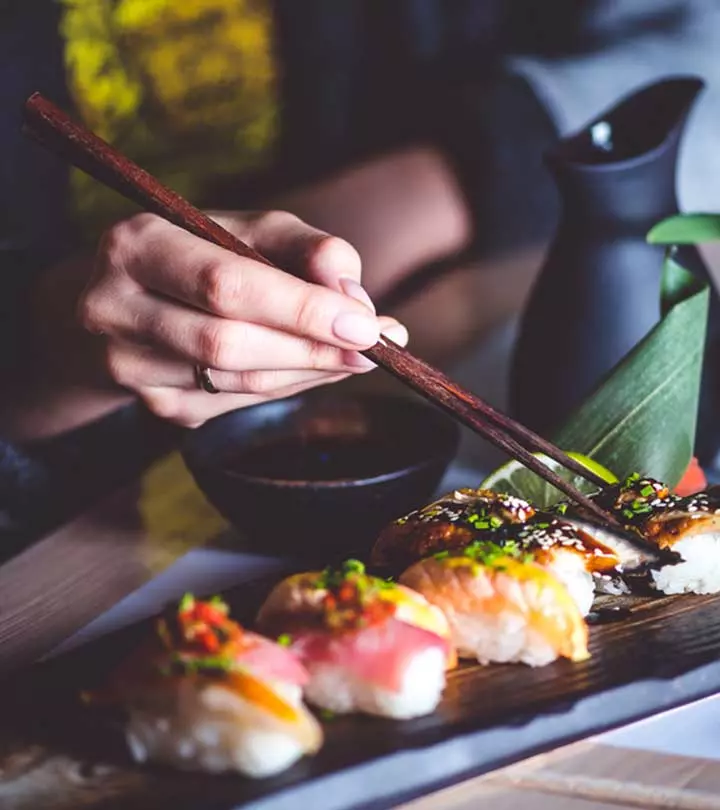
Image: Shutterstock
Even in a world where dietary habits change every few kilometers, Japanese people never fail to surprise us with their eating habits. Among the many distinctive practices that define their culinary traditions, the avoidance of drinking water during meals always stands out. Japanese culture emphasizes the importance of savoring each bite without the interference of water. This practice is deeply rooted in their history and philosophy. It also throws light on the holistic nature of Japanese cuisine and its mindful approach to nourishment. So if you are curious about why Japanese people refrain from drinking water with meals and want to know the health benefits of doing so, you are at the right place. Read on!
In This Article
1. It May Give You A Dry Mouth
We know how it sounds, but we are not kidding when we say drinking water can sometimes lead to a dry mouth. When we consume food, our salivary glands kick into action, releasing saliva to aid in the digestion process. However, if we wash down our meals with water, especially cold water, it can dilute the saliva in our mouth and hinder its natural functions.
As a result, we may experience a dry, parched sensation in our mouths, making it less comfortable to savor our meals. To maintain the delicate balance between hydration and digestion, it’s often recommended to sip water moderately during meals or wait for a short while after eating to quench your thirst, allowing your body to process food more efficiently. This is why Japanese people refrain from keeping a glass of water near their meals.
2. It May Slow Down Your Digestion
Consuming large quantities of water during meals can dilute the concentration of digestive enzymes in the stomach, making it less effective at breaking down food. This dilution can slow down the digestive process, potentially leading to discomfort, bloating, or indigestion (1). It is often advisable to consume water before or after a meal, allowing your digestive system to function efficiently without the interference of excessive liquid during the critical phases of digestion.
3. It May Hinder Nutrition Absorption
When we drink water with our meals, it can dilute the gastric juices in the stomach, making them less acidic. This reduced acidity can hinder the breakdown of nutrients, especially minerals like iron and calcium, making them less available for absorption in the intestines (2). Additionally, water may contribute to faster transit of food through the digestive tract, potentially reducing the time available for thorough nutrient absorption. To maximize the absorption of essential nutrients from your meals, it’s advisable to enjoy water between meals rather than during them, allowing your body to make the most of the nutritional value of the food you consume.
4. It May Give You Heartburn
Drinking water while eating can sometimes lead to heartburn or exacerbate existing symptoms. Heartburn occurs when stomach acid flows back into the esophagus, causing a burning sensation in the chest. Drinking water during meals may increase the volume of contents in the stomach, which can put additional pressure on the lower esophageal sphincter (LES) (3). This added pressure can weaken the LES, potentially allowing stomach acid to escape more easily, leading to heartburn. To minimize the risk of heartburn, it’s often recommended to limit fluid intake during meals and opt for water consumption between meals to aid digestion without increasing the likelihood of acid reflux.
5. It May Lead To Weight Gain
When we consume water alongside our meals, it can increase the volume of food in the stomach, leading to a sense of fullness. While this can be beneficial for controlling portion sizes, excessive water intake during meals might leave less room for calorie-dense foods. In some cases, this may lead to a reduced intake of essential nutrients, as well as an increased likelihood of feeling hungry shortly after eating. If individuals compensate for this by consuming more snacks or larger meals later on, it could potentially contribute to weight gain over time. Therefore, it’s important to strike a balance in water consumption during meals to ensure both proper hydration and mindful portion control.
The Japanese have long understood the importance of cherishing the flavors and textures of each dish. By refraining from drinking water during meals, they allow themselves to fully immerse in the culinary experience. While it may not be a one-size-fits-all approach to dining, the Japanese tradition invites us to reflect on our own eating habits and consider the potential benefits of savoring our meals with undivided attention. In a world of fast-paced dining and on-the-go nutrition, there’s a valuable lesson to be learned from the Japanese practice of mindful eating, reminding us that a meal is not just sustenance but an artful celebration of flavor, culture, and connection.
Read full bio of Indrani Karmakar





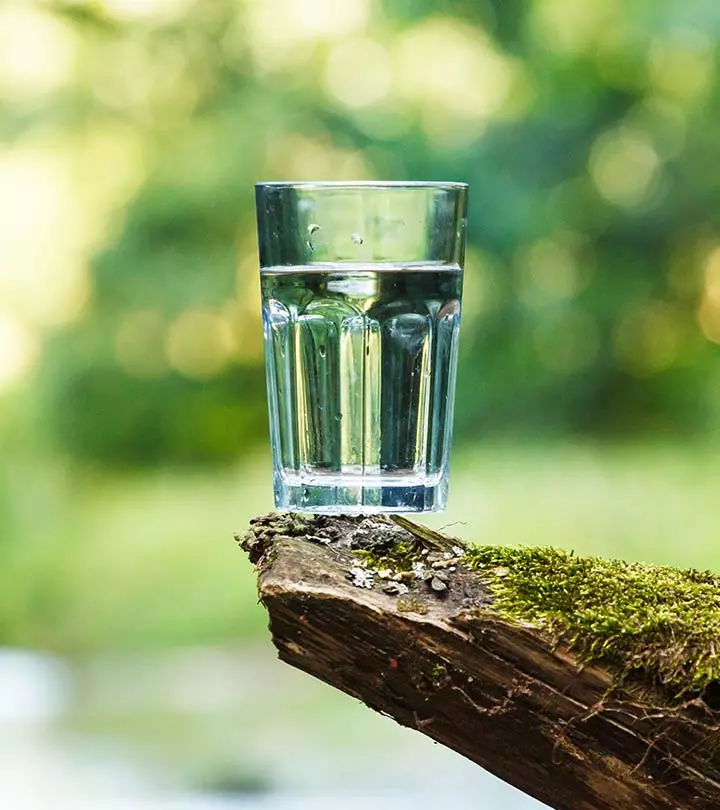
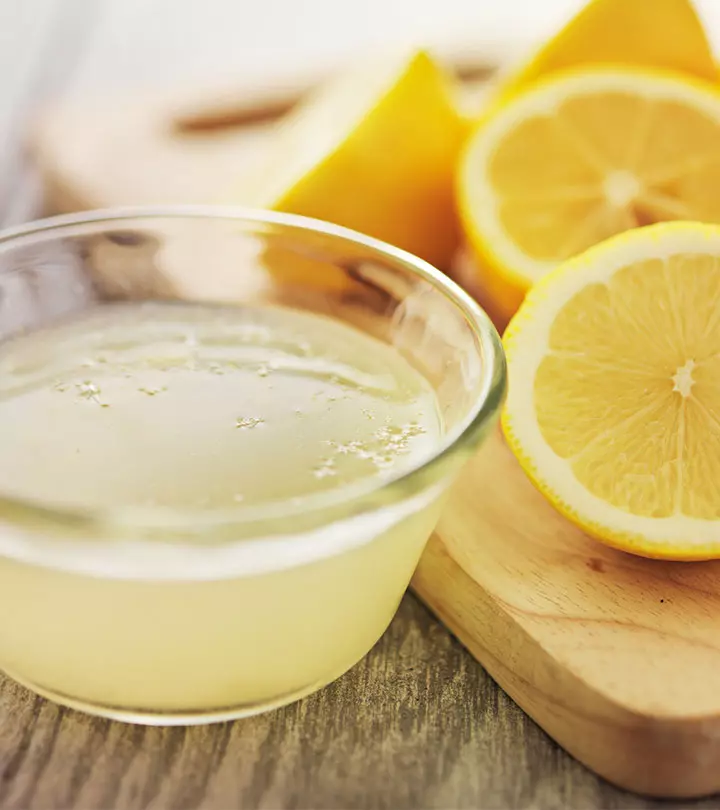

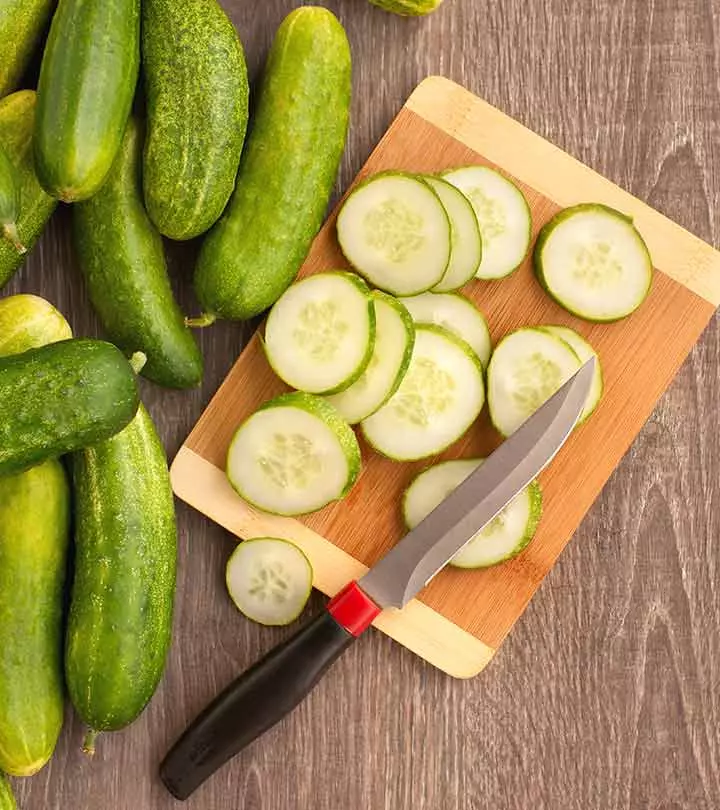
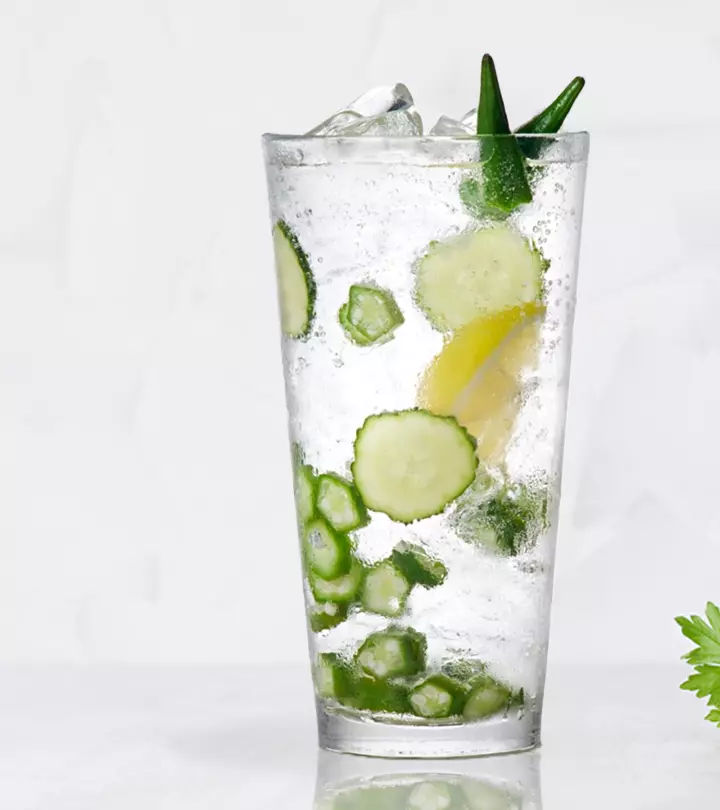
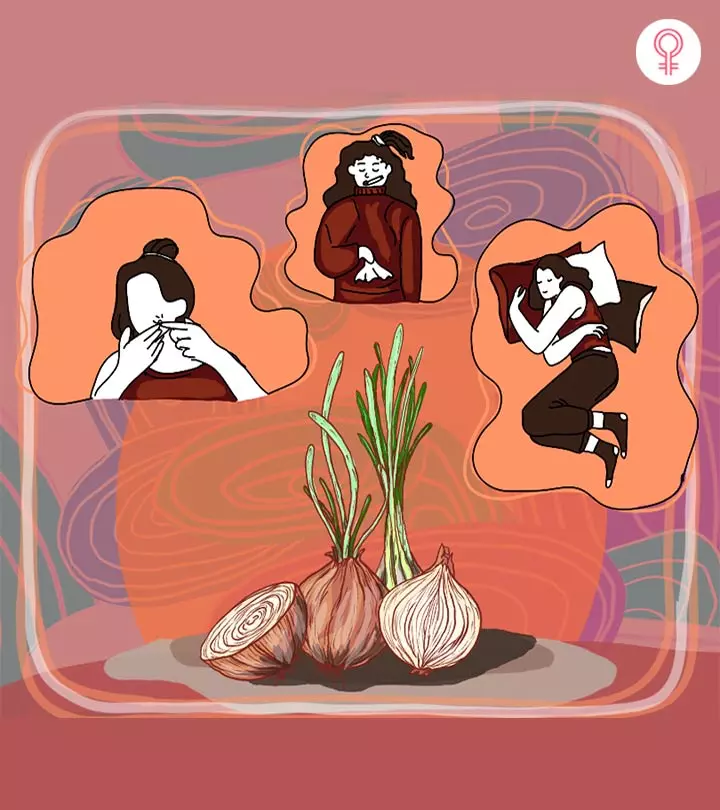
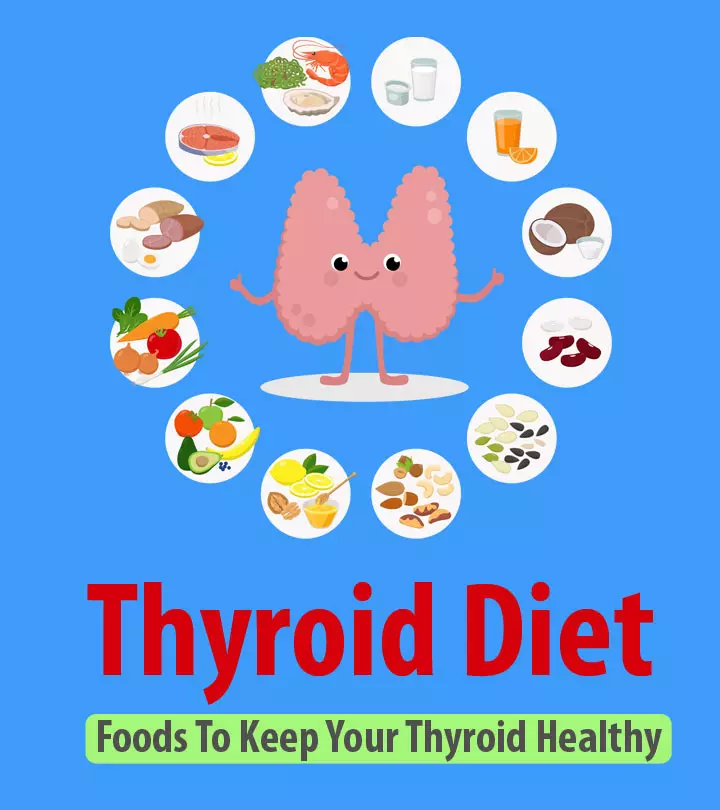

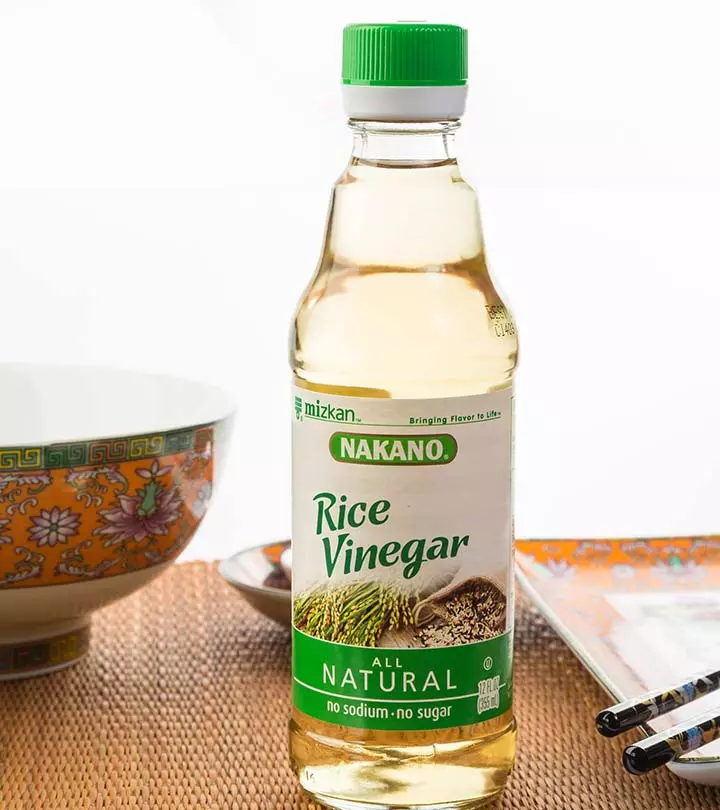
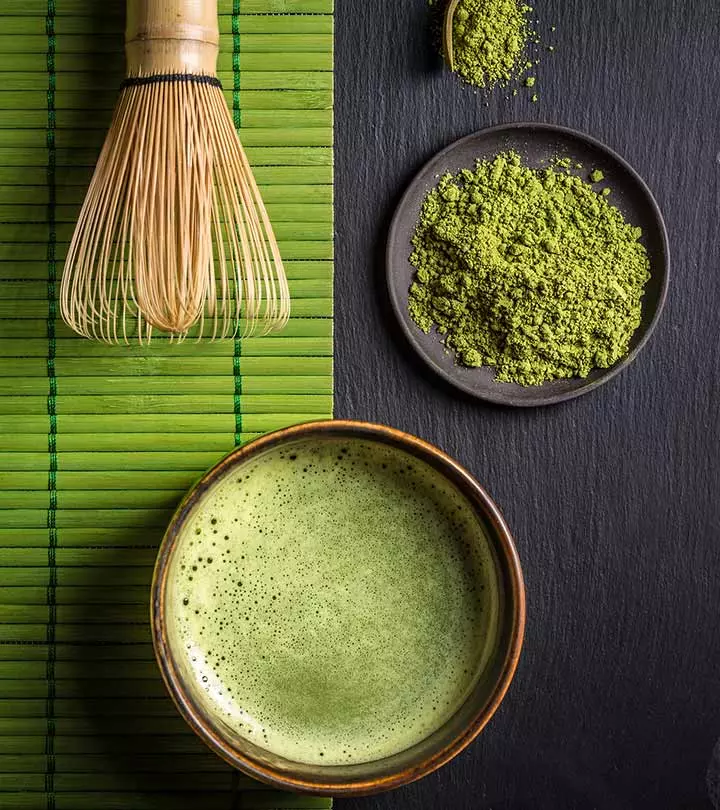


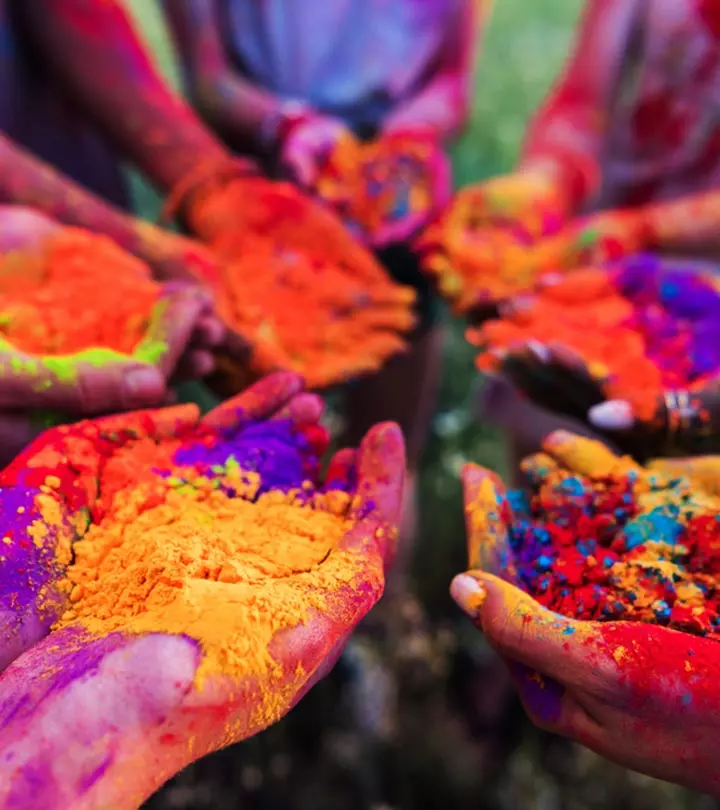









Community Experiences
Join the conversation and become a part of our empowering community! Share your stories, experiences, and insights to connect with other beauty, lifestyle, and health enthusiasts.